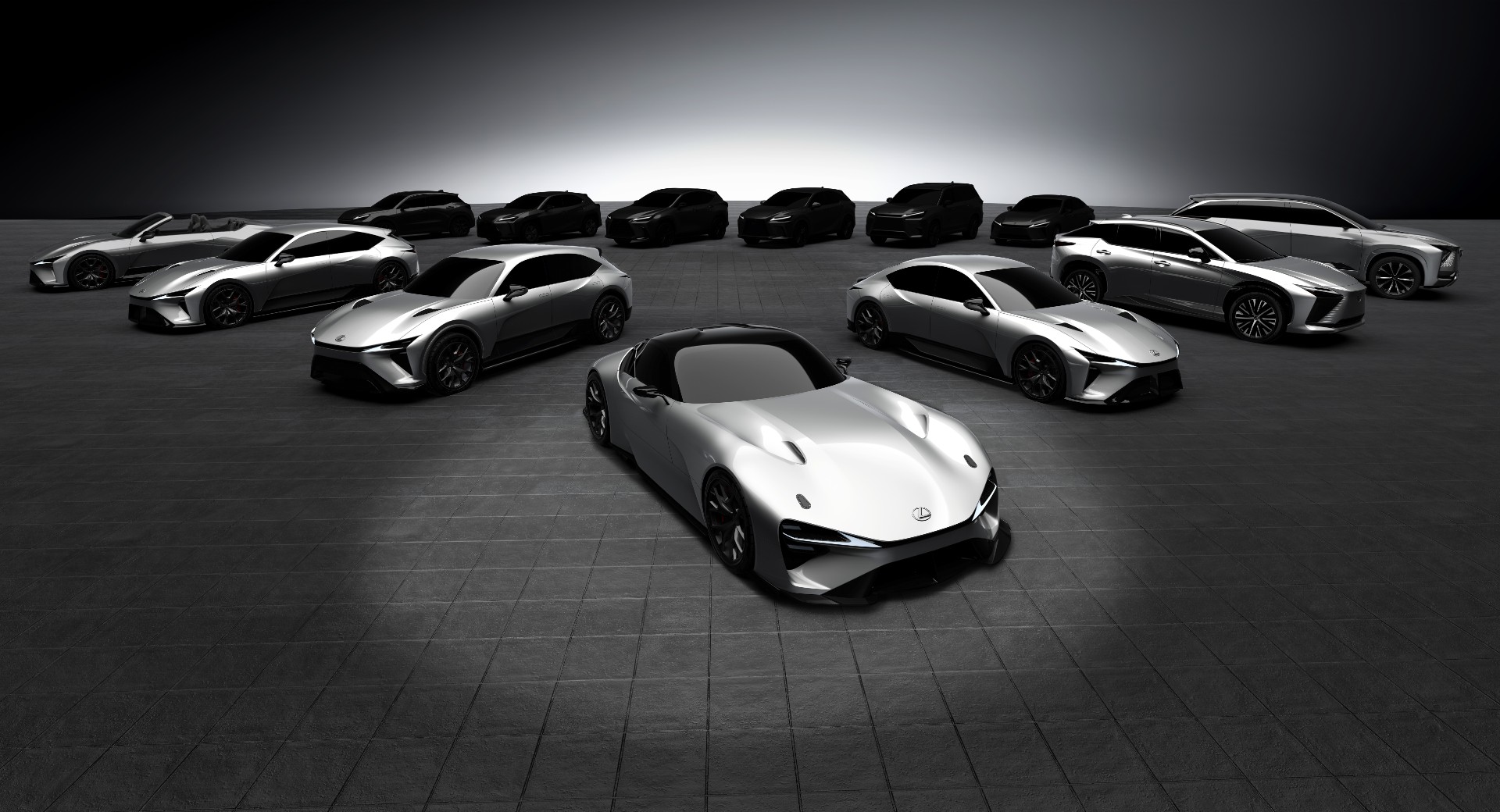While many automakers have abandoned the sedan and coupe segments, Lexus’ future EV range will include cars with a different body, in addition to traditional SUVs. Spyros Fotinos, director of Lexus Europe and EV Planning, said that when it comes to body types and different segments, they don’t take anything away from their future lineup.
Lexus’ first EV was the electric version of the UX, followed by the all-new and recently released RZ 450e, based on Toyota’s e-TNGA platform. Although both are SUVs, the future Lexus EV offers are not limited to the most popular body styles.
See also: 2023 Lexus UX will be hybrid only, will receive informational entertainment and chassis upgrades

Photinos said Car They recognize the global demand for SUVs, but do not abandon the traditional lower-end vehicles: “We are not only offering a wide range of vehicles, but also working with alternative body types that allow us to respond to growth. We have ambitions for Europe. ” When asked about the possible successor to the discontinued CT compact hatchback, there are rumors that it will be a crossover, he added: “We do not rule out anything. The segments we compete with and the segments that are the largest sellers in Europe are the segments we consider first. ”
Fotinos also referred to the different groups of concept cars that were introduced in December 2021 as a preview of Lexus’ future EV range. Among them were a low-hanging family of sister models with similar design features, including a four-door sedan, a five-door shot brake, a five-door crossover and a two-door convertible. In addition, the successor to the LFA was a fully electric supercar and a large SUV.
See also: Lexus Electrified Sport concept shows its beautiful design in the video, preview of the electric LFA successor

Speaking about the e-TNGA architecture from Toyota, which is the basis for most of the above models, Fotinos called it a great starting point, but he also said that Lexus is actively considering “other features”. He explained that it was “technically impossible” for an automaker to offer an EV in every segment that competes in using a single EV platform.
Despite the scale of the E-TNGA, it is true that Lexus needs other architectures for high-performance models such as supercars to compete with competitors such as BMW and Mercedes-Benz, or big premium offers such as future flagship sedans and SUVs. This can be achieved through future partnerships with other automakers that will help reduce development costs and remain competitive.
Lexus has promised to become the only BEV brand in Europe, North America and China by 2030 and globally by 2035. Until then, we will see several hybrid models previewed in official teasers.











